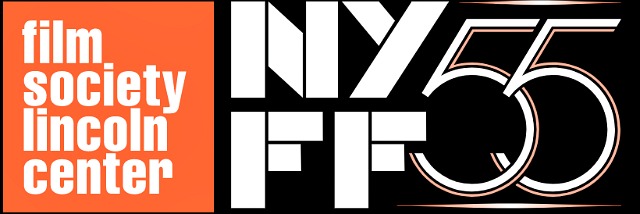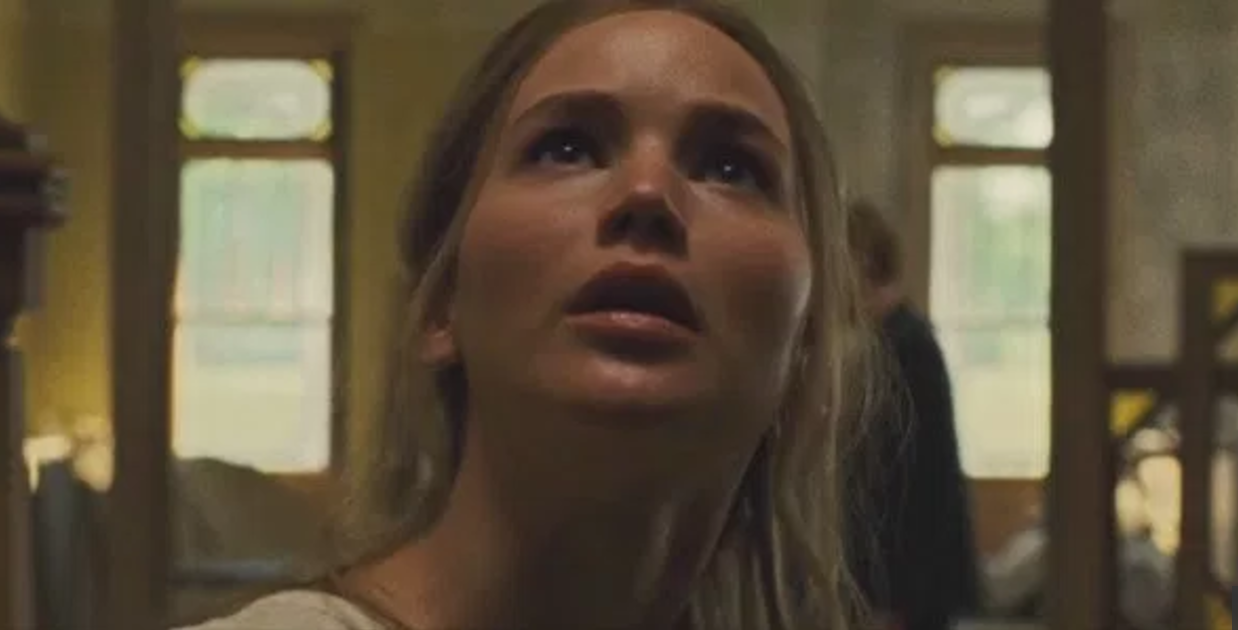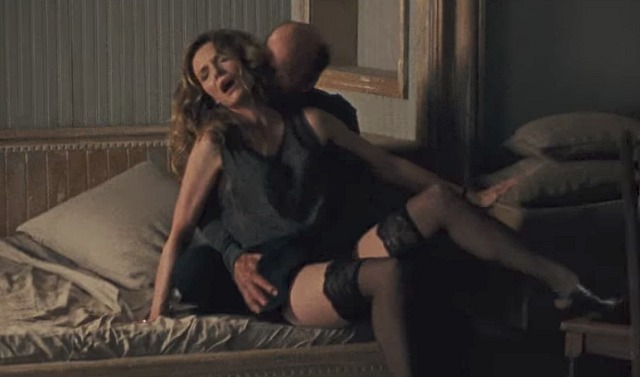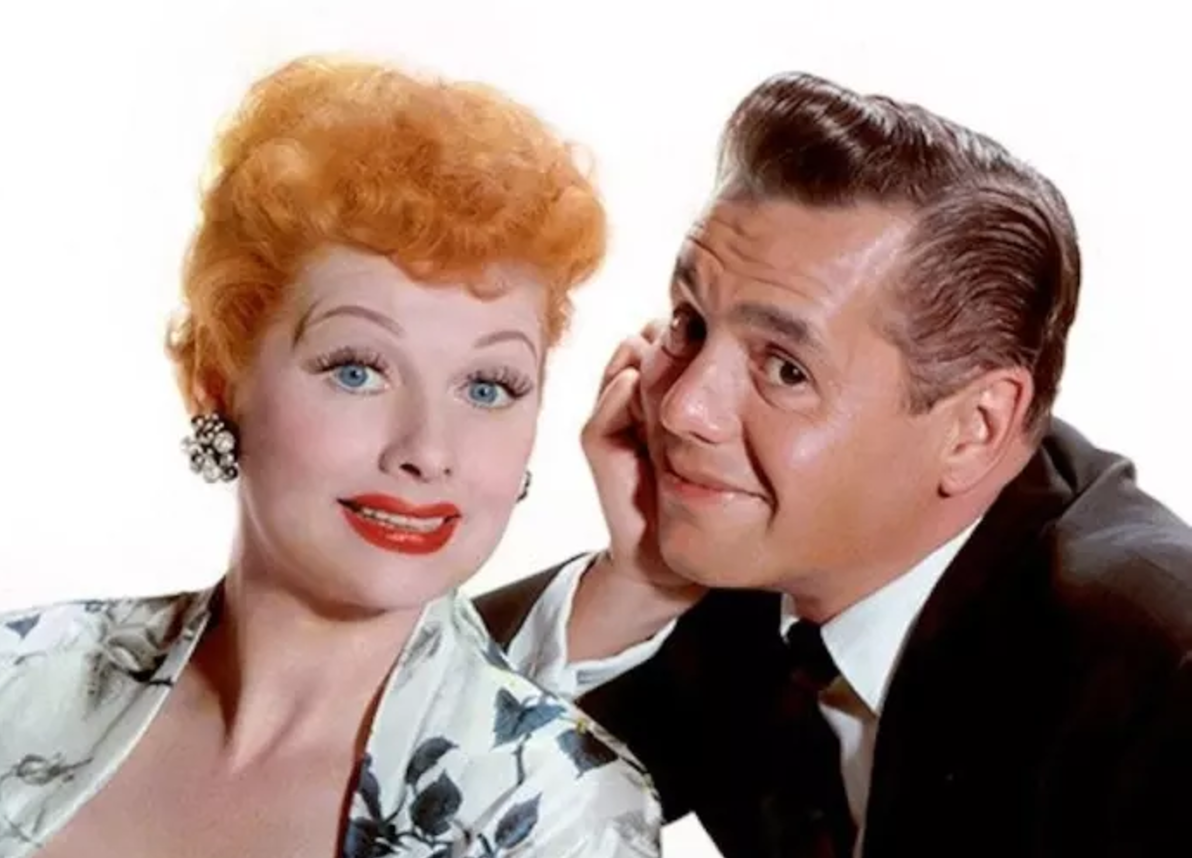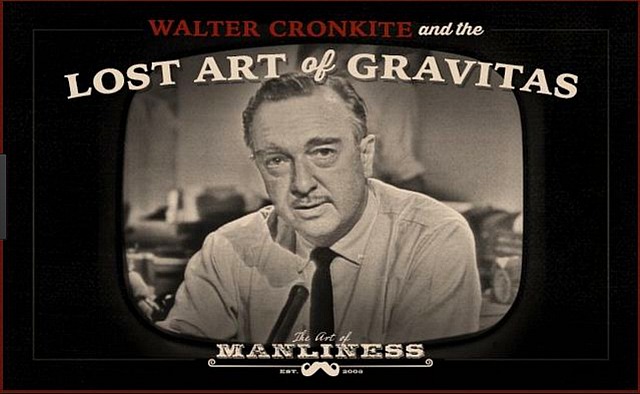
If the Guardian can ask for a little extra sugar from its readers, so can I. Hollywood Elsewhere is the same thriving, modestly-scaled site it’s been for the last 13 years, but things are a bit tight right now and so I’m asking for an injection of monetary lamb cells. Just a temporary thing, between now and the end of the year. Everything will be back to normal once the ’17 Phase One revenue kicks in.
Everything is jake on a general basis. The 2017 and early ’18 Oscar season will be just as much of a bread-and-butter provider as the previous years have been, although things have been a lot more competitive for the little-guy sites (which in the Mount Olympus realm boils down to myself and Awards Daily‘s Sasha Stone) over the last four or five years. Ad budgets are finite, and the big sites are gobbling up all the apple pie and whipped cream. On top of which social media streams and swirls have gained importance in advertiser eyes. The banner ad will always be a viable anchor, but it ain’t what it used to be.
Plus HE’s off-season economic model has always required modest dough from a series of quickie, no-biggie, nickle-and-dime ad runs in the spring, summer and early fall. I used to be able to muddle through on this score without too much difficulty, but not lately. Now I have to beg and tap-dance and jump through hoops just to keep things steady.
Did the Guardian recently get married and in so doing incur added responsibilities along with a general life change? No, it didn’t. That’s on me and c’est la vie. But Guardian management did determine that normal revenue streams aren’t what they used to be and subsequently decide that a bit of community support would be in order. They’re still the Guardian but they’ve decided to pass the hat. Not a calamity but an adjustment. Same here only less so as HE’s situation is temporary.
I seem to recall asking for a modicum of reader support sometime around ’05 or ’06…something like that. It’s not crazy to reach out to a loyal audience for a little assistance, not as a permanent plead-athon but as a rough-patch, five-month campaign. I’m asking for minimum plunk-downs of $50, and $100 if you can swing it. And if you want to tell me to grim up and figure some other solution, fine. I’ll muddle through either way.
Yeah, I hate doing this but what do you want me to do? Go into a cave and hibernate? It’s not that crazy. I’ve been putting in 12- to 16-hour days for 13 years on this site, and I just need to put out the tip jar for a while. Oscar advertisers have paid the bills all along and nobody’s getting rich here, but…well, I’ve said it.
HE readership is just as buoyant as ever. The site is still a locked-in, must-read, go-to thing…an essential stopover for strong advocacy and provocative opinion. HE is perhaps the last idiosyncratic, personality-driven, culture-channeling, self-regardingly meta, tail-swallowing, Twitter-provoking, Oscar-whispering Hollywood website around…one that top-tier filmmakers follow the world over, and which is regarded as fairly essential read among cutting-edge journalists, industry elites, actors, agents & managers, below-the-liners, ubers, early adopters and granular film fanatics on all seven continents.
Hey, buddy…can you spare a Ulysses S. Grant?


